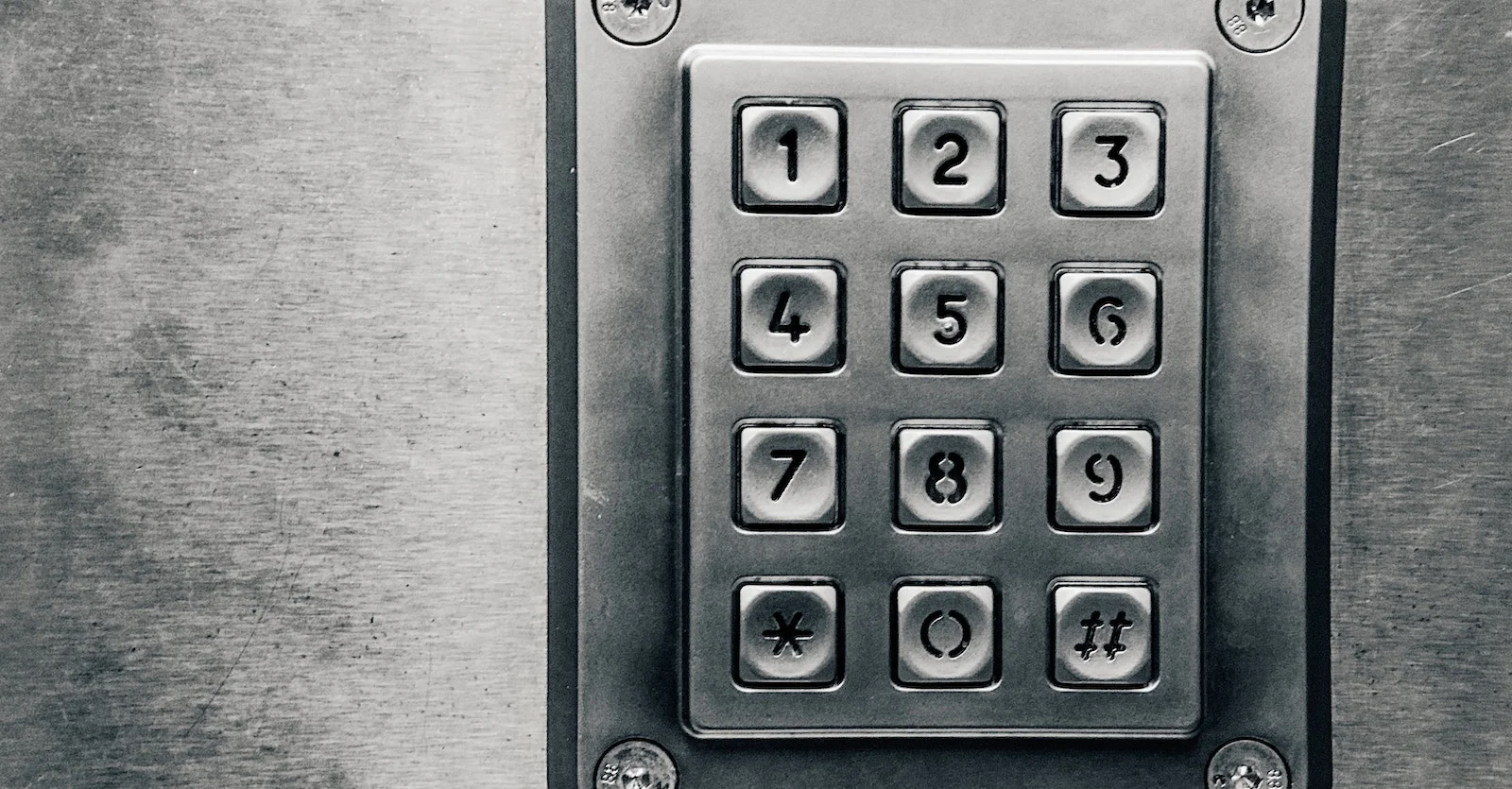Unravel the mystery of whether crypto is safer than money. Discover the security aspects of digital currencies and traditional money in this in-depth analysis.
In the world of finance, the debate over whether cryptocurrencies are safer than traditional money is ongoing. As digital currencies gain popularity, understanding their security features and how they compare to conventional forms of money becomes crucial. In this article, we will delve into the question: “Is crypto safer than money?” and explore the benefits and drawbacks of both digital and traditional currencies.
Understanding the Nature of Cryptocurrencies
Before discussing the security aspects of cryptocurrencies, it is essential to understand their basic characteristics. Cryptocurrencies are digital or virtual currencies that use cryptography for security and operate on a decentralized ledger called the blockchain. The decentralized nature of cryptocurrencies means that no central authority, such as a government or bank, has control over their issuance, transaction validation, or value.
Some of the most well-known cryptocurrencies include Bitcoin, Ethereum, and XRP. These digital currencies offer several potential benefits, such as faster and cheaper transactions, greater privacy, and resistance to censorship.

Security Features of Cryptocurrencies
Cryptocurrencies offer several security features that can make them potentially safer than traditional forms of money. Some of these features include:
Decentralization
The decentralized nature of cryptocurrencies means that they are not controlled by a single entity, such as a government or bank. This decentralization can provide protection against issues that may affect traditional financial systems, such as inflation, bank failures, or currency manipulation.
Cryptographic Security
Cryptocurrencies use advanced cryptographic techniques to secure transactions and user data. These techniques can make it extremely difficult for malicious actors to alter transaction data or steal user information.
Pseudonymity
Many cryptocurrencies provide users with a degree of pseudonymity, as transactions are associated with unique alphanumeric addresses rather than personally identifiable information. This pseudonymity can offer users greater privacy and protection from identity theft.
The Drawbacks of Cryptocurrencies
While cryptocurrencies offer some security advantages over traditional money, they also have their drawbacks. Some of these drawbacks include:
Hacking and Security Breaches
As digital assets, cryptocurrencies are susceptible to hacking and security breaches. Over the years, numerous cryptocurrency exchanges and wallets have been targeted by hackers, resulting in the loss of millions of dollars’ worth of digital assets.
Lack of Consumer Protection
In most jurisdictions, cryptocurrencies are not covered by the same consumer protection laws and regulations as traditional money. This lack of protection can leave users vulnerable to fraud, scams, and other malicious activities.
Price Volatility
Cryptocurrencies are known for their price volatility, which can make them less appealing for everyday transactions and storing value compared to traditional money. This volatility can result in users losing a significant portion of their holdings’ value in a short period.
Comparing the Security of Cryptocurrencies and Traditional Money
When considering the question, “Is crypto safer than money?”, it’s essential to compare the security features of both digital currencies and traditional money. Here are some key points to consider:
Fraud and Counterfeiting
Traditional money, especially in the form of cash, is susceptible to counterfeiting and fraud. While modern security features, such as holograms and watermarks, have made counterfeiting more difficult, it remains a persistent problem. In contrast, the cryptographic security and decentralized nature of cryptocurrencies make counterfeiting virtually impossible.
Account Security
Bank accounts and credit cards, which store traditional money, can be vulnerable to hacking, identity theft, and unauthorized transactions. While cryptocurrencies can also be targeted by hackers, the use of strong cryptographic techniques and secure storage methods can provide an additional layer of protection.
Financial System Stability
Traditional money is subject to the stability of the financial system and the actions of central banks and governments. Economic crises, bank failures, and currency manipulation can all impact the value and security of traditional money. Cryptocurrencies, on the other hand, are decentralized and not controlled by a single entity, which can provide a level of protection against these issues. However, it’s worth noting that cryptocurrencies are not immune to market fluctuations and can still be affected by external factors.
Privacy and Surveillance
Traditional financial transactions can be easily monitored by governments, banks, and other institutions. This can lead to privacy concerns and potential surveillance. Cryptocurrencies, with their pseudonymous nature, can provide users with greater privacy and protection from prying eyes. However, it’s important to note that some cryptocurrencies are more private than others, and certain transactions can still be traced through advanced techniques.
Conclusion: Is Crypto Safer Than Money?
There is no one-size-fits-all answer to the question, “Is crypto safer than money?”. The security of cryptocurrencies and traditional money depends on various factors, such as the user’s specific needs, the type of transaction, and the storage methods employed.
Cryptocurrencies offer several security advantages over traditional money, such as decentralization, cryptographic security, and pseudonymity. However, they also have their drawbacks, such as vulnerability to hacking and a lack of consumer protection.
Traditional money, on the other hand, is subject to issues like counterfeiting, fraud, and financial system instability. However, it benefits from well-established consumer protection laws and regulations.
Ultimately, the decision to use cryptocurrencies or traditional money will depend on individual preferences, risk tolerance, and the specific use case. By understanding the security features, benefits, and drawbacks of both digital currencies and traditional money, users can make informed decisions about which form of money is best suited for their needs.